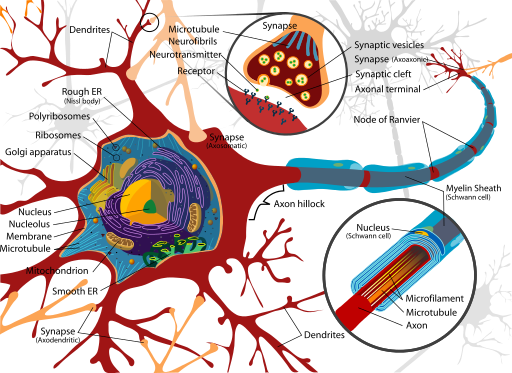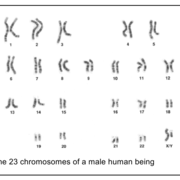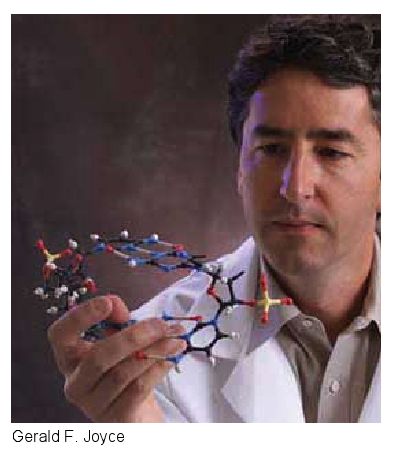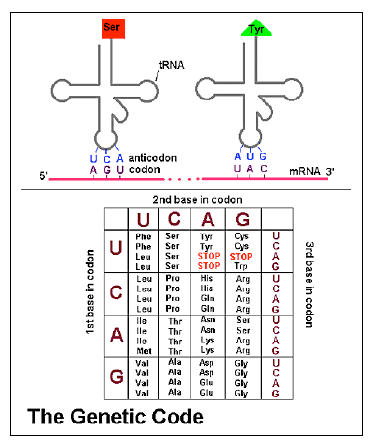Debate on Abiogenesis: Dr. James Tour versus Dave Farina: Part 1 – The Formation of Peptides
Abiogenesis, the idea that life sprang from unguided chemistry, continues to be a central topic in the creation/evolution debate. On May 19, 2023, Dr. James Tour, a Messianic Jew, organic chemistry professor at Rice University, and well-known associate of intelligent design advocates, debated Mr. Dave Farina, aka “Professor Dave,” on the question of the origin of life (Fig. 1). 1





